Ants are often the bane of our existence. Besides how painful their bites are, especially of the red and larger black ants, they also infiltrate food sources quickly and without any inhibition.
If your house is infiltrated with ants, especially around the kitchen and pantry, chances are you are looking for homemade ant killer safe for pets. A variety of home remedies work effortlessly without posing a threat to your pets, be it a dog, cat, or even a rabbit.
This comprehensive guide will introduce some pet-safe homemade ant-killing methods that yield results.
Table of Contents
Which Kinds of Ant Killers are Unsafe for Pets?
The standard chemical-based ant killers available in supermarkets and hardware stores are generally unsafe for your pets.
In most cases, these commercially available ant killers contain boric acid or borax, which is highly toxic to animals. Most animals, especially pets like dogs and cats, struggle with endocrine or blood toxicity when exposed to these ant killers. When compared, boric acid is considered more toxic than borax for pets.
Besides that, ant killers that contain essential oils like peppermint, pennyroyal, cinnamon, citrus, tea tree, ylang-ylang, etc., are also unsafe for pets at home. These essential oils can spread through touch, or your pet might lick or eat them, leading to significant toxicity.
List of Homemade Ant Killer Concoctions that are Safe for Pets
1. Using Diatomaceous Earth
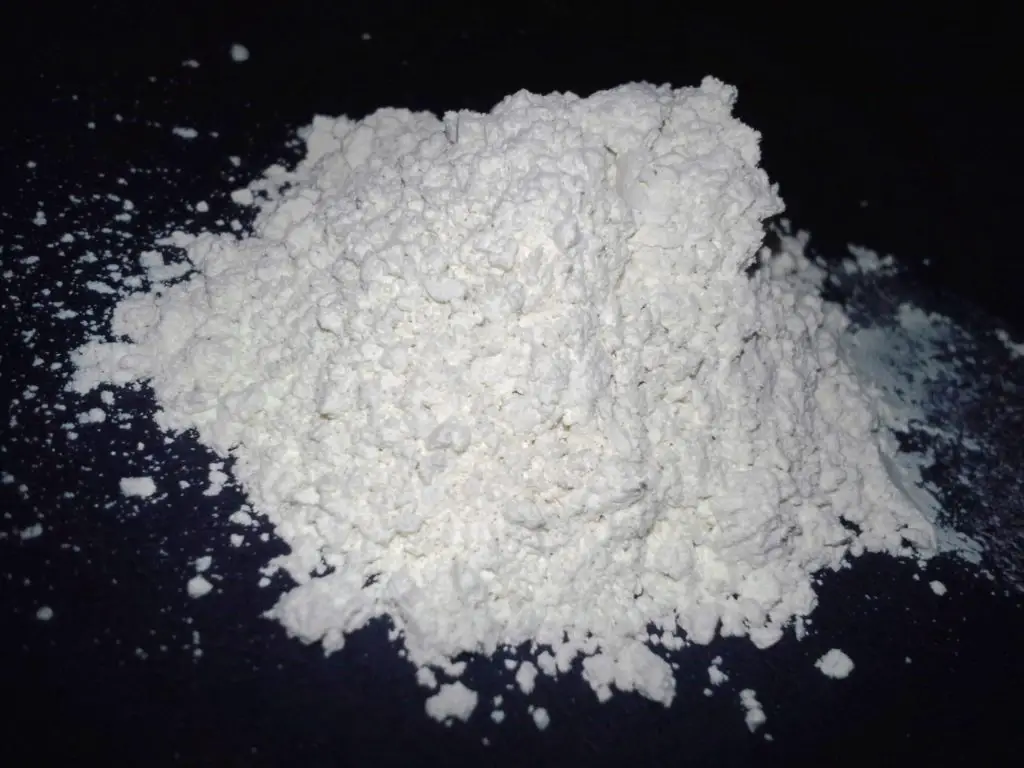
Diatomaceous Earth is a safe, non-toxic, and eco-friendly ant repellent that will eliminate the ant population in your home and is also great for other kinds of pests.
DE is made using dried fossilized algae called diatoms. Even when turned into a powder, DE contains razor-sharp edges, which cut through the ant’s exoskeleton, injuring and eventually killing them.
Also read: How to Get Rid of Ant Hills | 9 Quick and Easy Remedies
To use Diatomaceous Earth, you’d first need to find the spots around the house or garden where the ants are spreading or multiplying in number. Once you find the colonies, sprinkle that area and the surrounding area with a good amount of DE and leave it alone.
Keep reapplying the powder every 1-2 weeks, especially if it gets washed away by rain or water.
2. Using Baking Soda
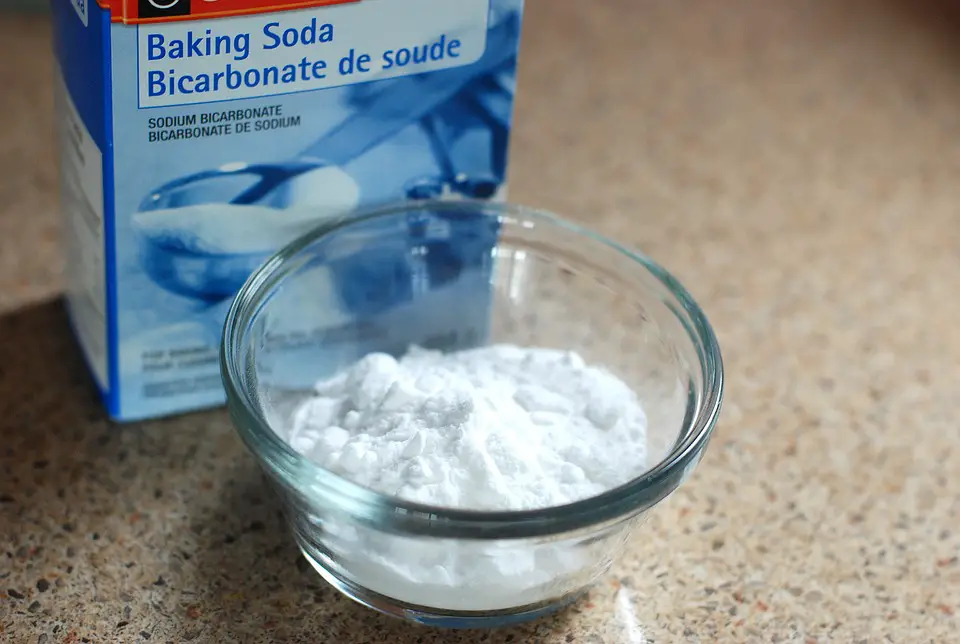
Baking soda or sodium bicarbonate is readily available in our houses and works wonders in killing the ants. It reacts with the ant’s digestive system, harming them and drying out the ant. As brutal as it sounds, baking soda works proactively, killing the ants in no time.
Here’s how you can create a trap using baking soda to kill the ants:
- Take a bowl and add one box of baking soda to it. Add ½ cup of powdered sugar and mix it.
- Find areas in the house where the ants frequent and sprinkle the mixture all over that area.
- Keep an eye out and reapply the powder as needed.
You might think that the sugar will make things worse, but that’s what attracts the ants, and when they ingest the baking soda, it leads to their death.
3. Using Cornmeal
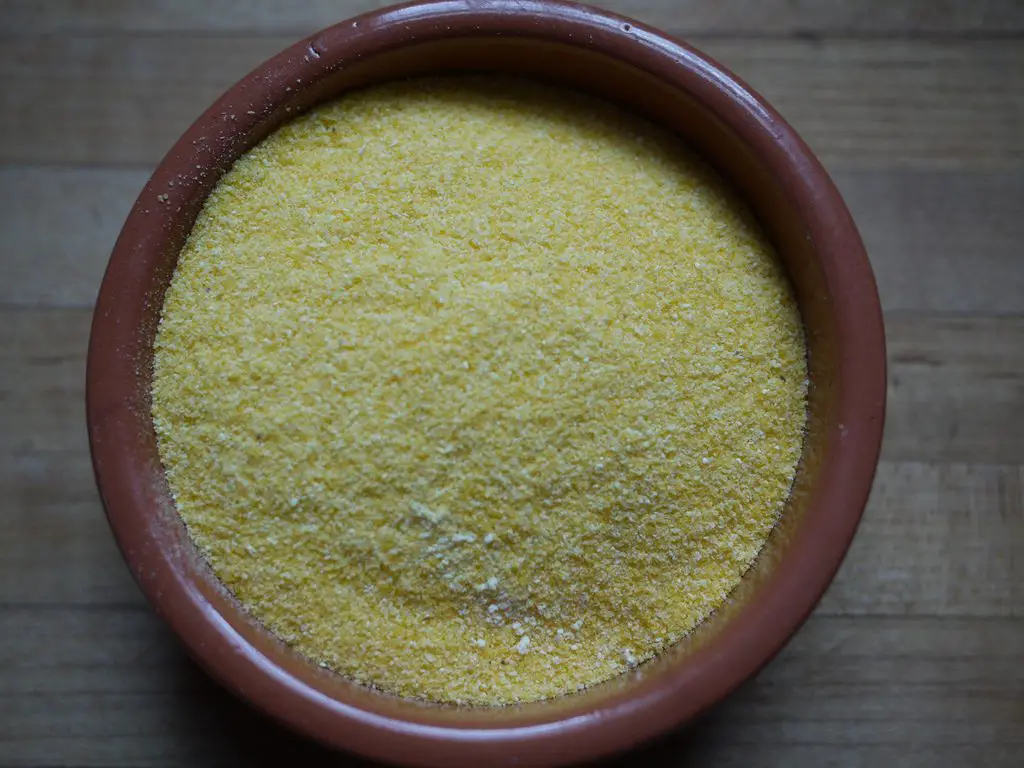
Sounds very odd, doesn’t it? Cornmeal is like a treat for the ants, so you will find them inching closer toward the areas with cornmeal and overfeeding themselves. Since cornmeal is dry, ants drink water after that, leading to a significant swelling in the stomach, which eventually kills them.
Find the areas in the house where the ants frequent the most. Take some cornmeal and sprinkle them in those areas. Ensure that you sprinkle a generous amount. Leave it for a few days, and you should find all the ants dead around that area.
4. Using Vinegar
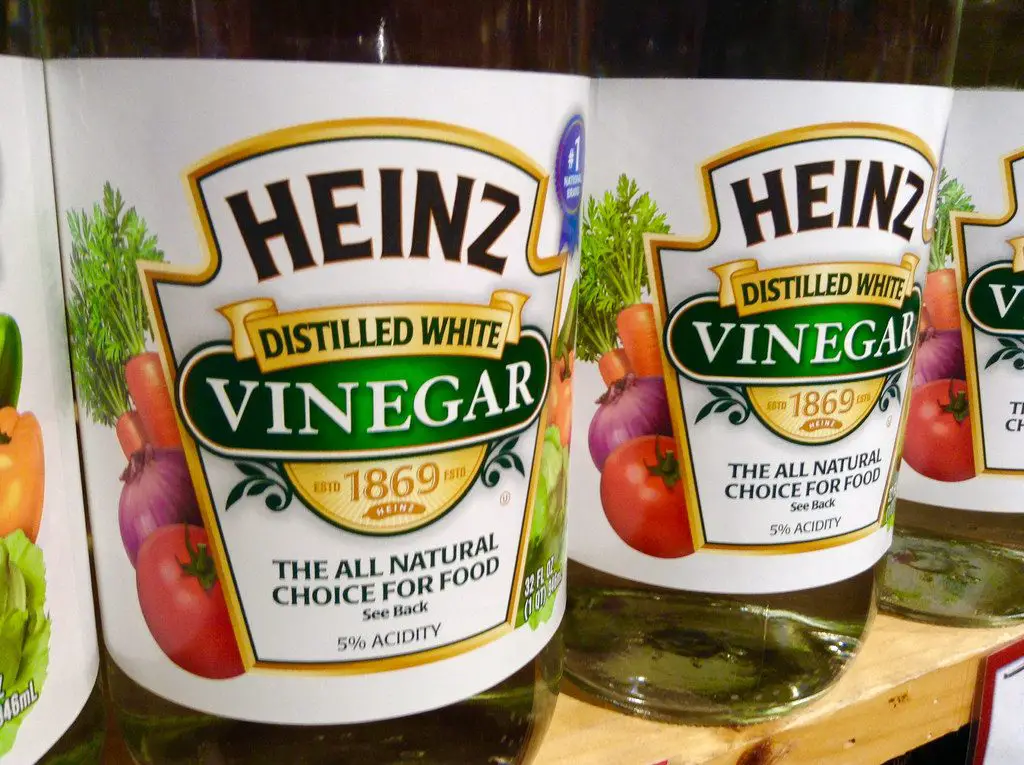
When talking about any pests, Vinegar is an unsung hero. It works for almost every pest that you can think of, including ants. The vinegar spray is safe for pets and highly effective in eliminating the ant population.
Here’s what you need to do:
- Add 1 cup of white or apple cider vinegar and 1 cup of water and mix everything to form a solution.
- Transfer the solution into a spray bottle and spray the areas where the ants frequent or have their colonies.
You can also use this solution to clean your kitchen and pantry racks to prevent future visits from ants or other pests.
5. Using Plants
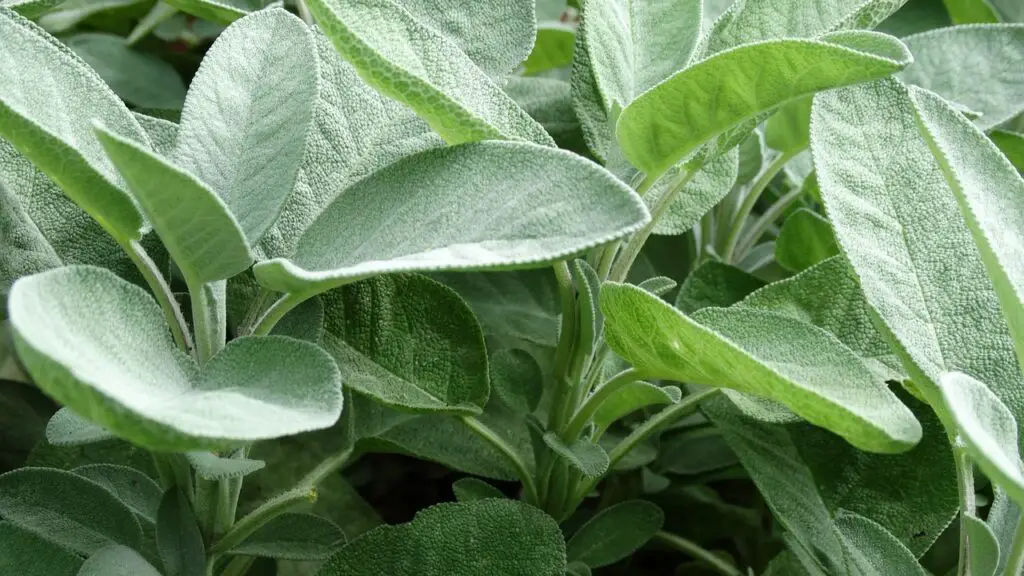
If you have been looking for homemade ant killer safe for pets, get some ant-repelling plants and keep them around the house.
Some of the most popular plants include:
- Peppermint
- Sage
- Spearmint
- Pennyroyal
- Catnip
Place these plants around the areas in the house where the ants tend to visit or infest. You can also place them near the windows to keep ants out of the house.
6. Using Lemon Juice
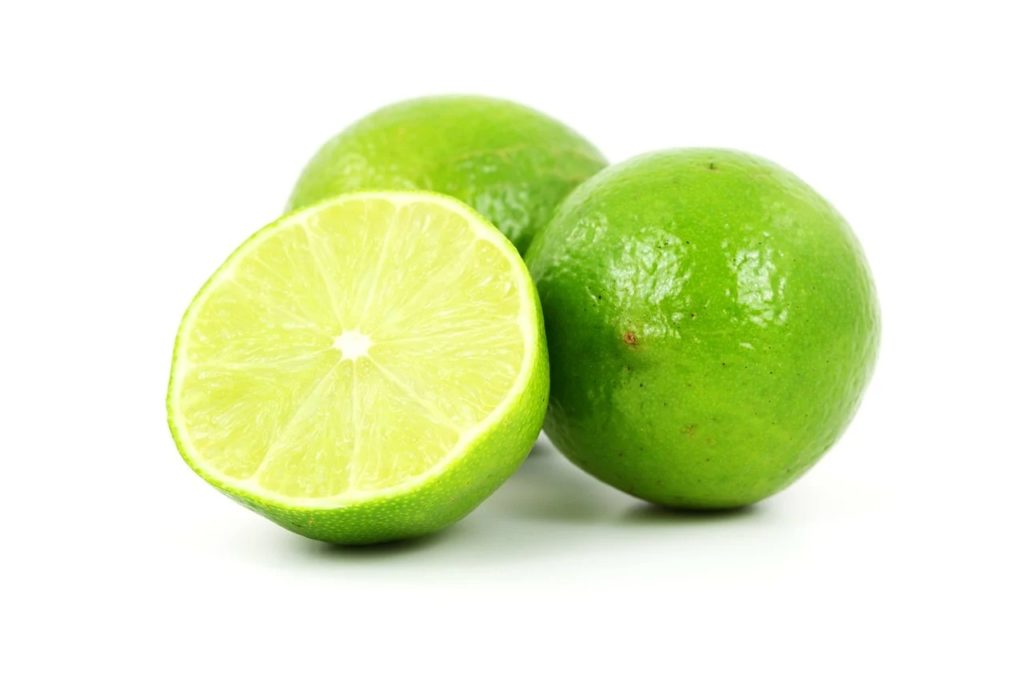
The principle of using lemon juice to kill ants safely is a lot similar to how vinegar works. Ants do not like citric acid; coming in contact with it eventually leads to their death.
So, if you want to kill ants while keeping things safe for your pet, spray some lime or lemon juice around the house, especially in the kitchen or pantry area.
If you don’t like the spots that lemon juice leaves, you can alternate with using lemon peels instead. It works just as well.
7. Using Cinnamon

If you notice a sudden rise in the ant population around your home, combat that by sprinkling some cinnamon powder around the area.
Not just for inside the house, cinnamon is also great for protecting your plants and leaves from an ant infestation. Sprinkle the powder on the soil, on the leaves, etc.
8. Using Dish Soap & Water
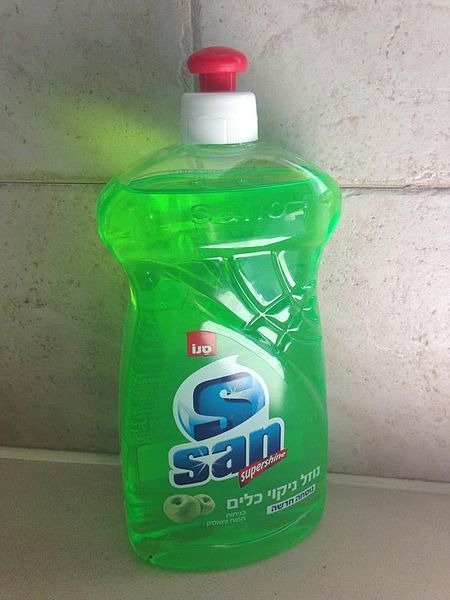
When discussing effective and safe homemade ant killer methods, dish soap and water is effective too.
Here’s what you need to do:
- Take a bowl and add 1 cup of water to it.
- Add 2-3 tablespoons of dish soap and mix everything well until combined.
- Transfer the solution to a spray bottle and shake.
You can then use the solution to spray on the ants to kill them immediately directly. It works well, but you must manually find and spray the solution on the ants.
9. Using Mint
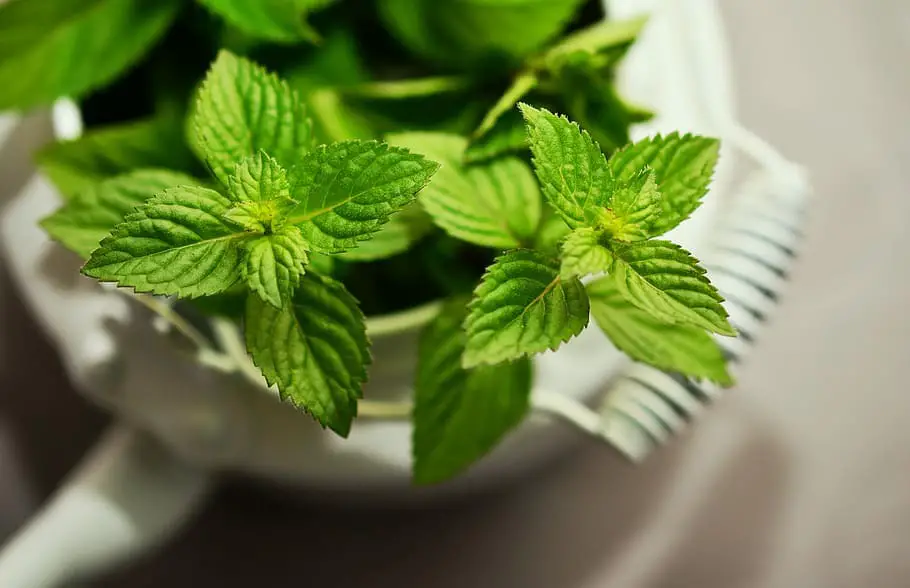
We briefly discussed in the beginning how drddessential oils are effective ant repellents, but they aren’t safe for your pets. While peppermint oil is considered unsafe for your pets, mint plants are.
Different mint plants, like peppermint, wild mint, and spearmint, keep the ants out of the house.
You can place mint plants around the areas where ants frequent the most, and that should be enough to keep the ant population in check.
Also read: 10 Best Indoor Plants to Turn Your Home Lively
10. Using Coffee Grounds

The last homemade ant killer safe for pets is coffee grounds. It is highly underrated but works wonders in keeping the ant population in check.
The strong and pungent odor of the coffee grounds is enough to keep the ants out of the house. Also, coffee grounds are a great way to provide nutrition to the soil in your garden while keeping the ants out of the area.
Finding homemade ant killer safe for pets isn’t as difficult. We have sorted you out with our top 10 tried and tested picks to work efficiently.
Remember that although these remedies are safe, you must keep your pet’s safety in mind and avoid using any if they are allergic to them. Also, keep an eye out on your pets to ensure they aren’t ingesting any of these ant repellents in excess quantity.
Frequently Asked Questions (FAQs)
How do you get rid of ants without harming pets?
The only way to do that is by using pet-safe ant repellents. We recommend avoiding the commercially available ant killers since they contain many chemicals that aren’t safe for your pet.
What kills ants but is safe for dogs?
Ingredients like DE, vinegar, and even cinnamon are some of the top items that are toxic for the ants but safe for dogs.
Is vinegar bad for dogs?
Vinegar, both white and apple cider, is safe for your dogs. If you fear using vinegar as a natural ant repellent will harm your dog’s health, it won’t.
Is baking soda harmful to dogs?
When sprinkled in small quantities, baking soda is not toxic for your dogs. However, things can become a concern if your dog or any other pet accidentally ingests a large amount of baking soda.
How to eliminate ants in your garden?
If the ant infestation is getting out of hand in your garden, sprinkle the area with coffee grounds and DE to get rid of the ant population safely.
Is black pepper good for killing ants?
Black pepper powder is another effective and pet-safe way to eliminate the ants from your home. The pungency kills the ants and is toxic for them, too.
Does baby powder kill ants?
Chalk and baby powder effectively eliminate ants by drying out their bodies and killing them. In most cases, they are pet-safe too.
Are essential oils pet-safe for killing ants?
Essential oils are one of the most effective ways to keep ants out of your home and prevent them from returning. However, not every essential oil is pet-safe, so we recommend you avoid using them.
What is a natural ant killer safe for pets?
There are a variety of natural ant killers that are safe for pets, including lemon juice, vinegar, cinnamon, borax, coffee grounds, mint plants, etc.
What kills ants permanently?
If you want to kill ants immediately and permanently, using a solution with boiling water, baking soda, and vinegar works like magic.
